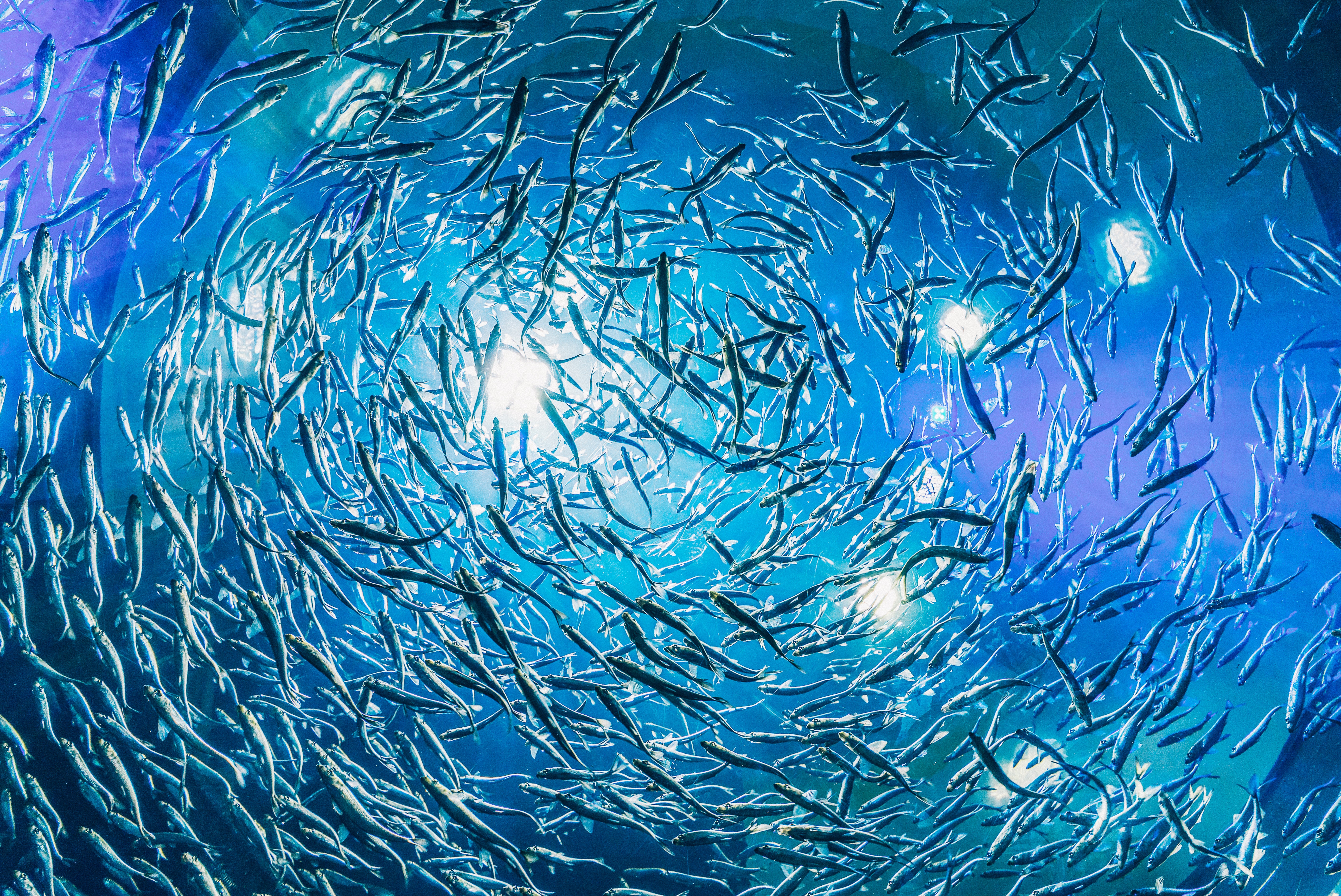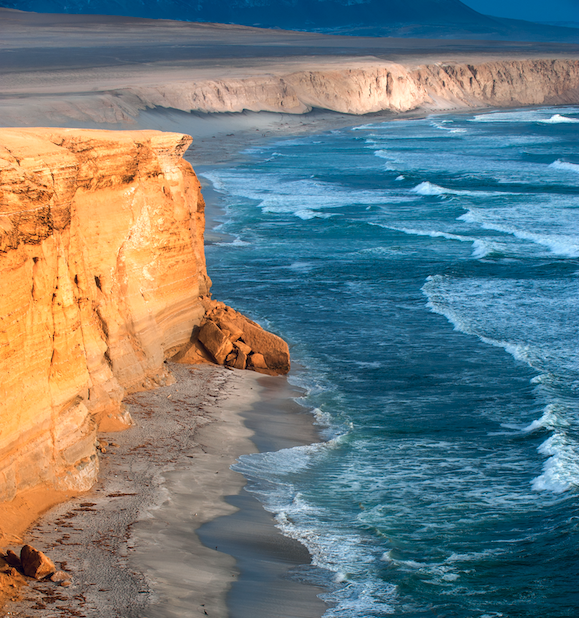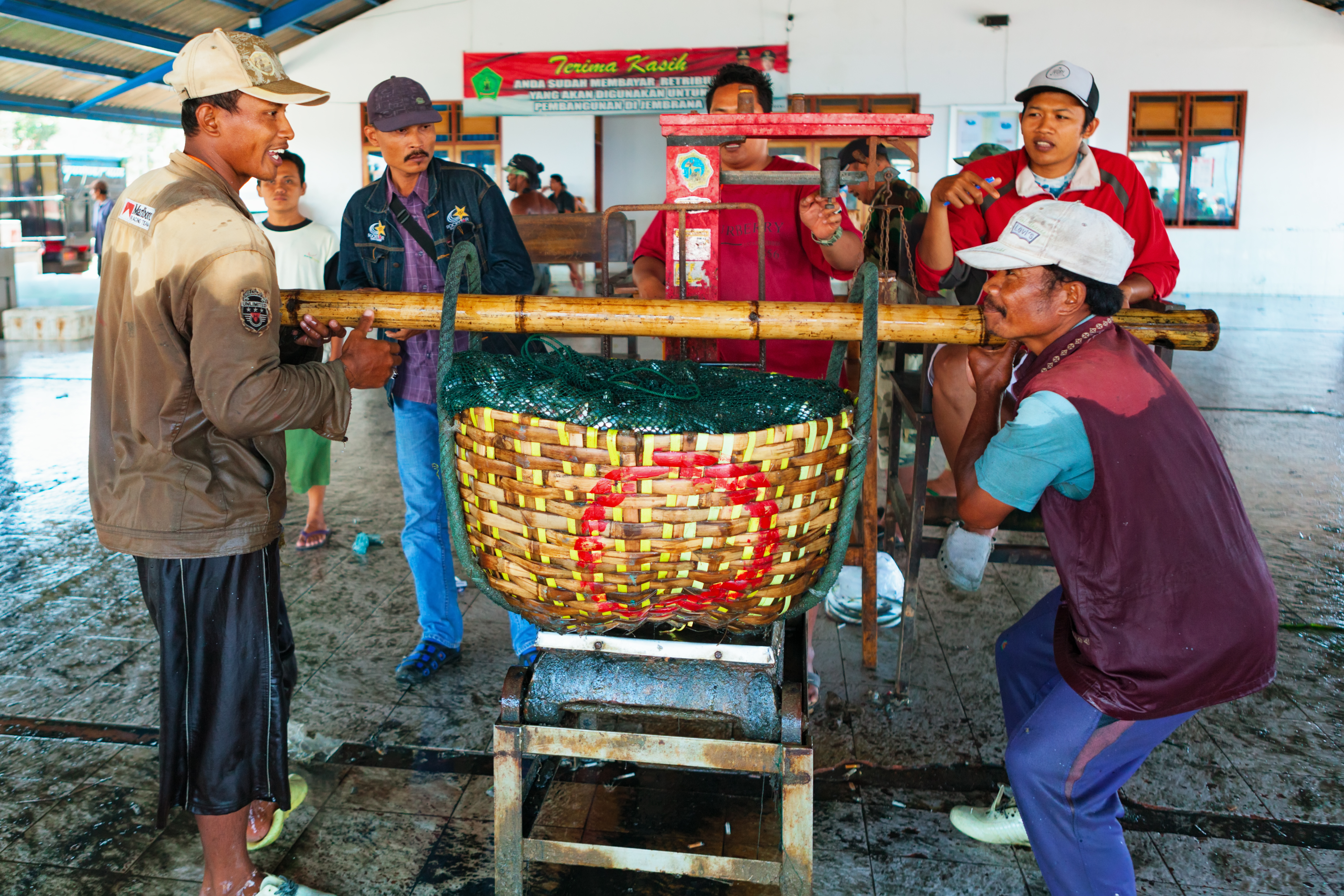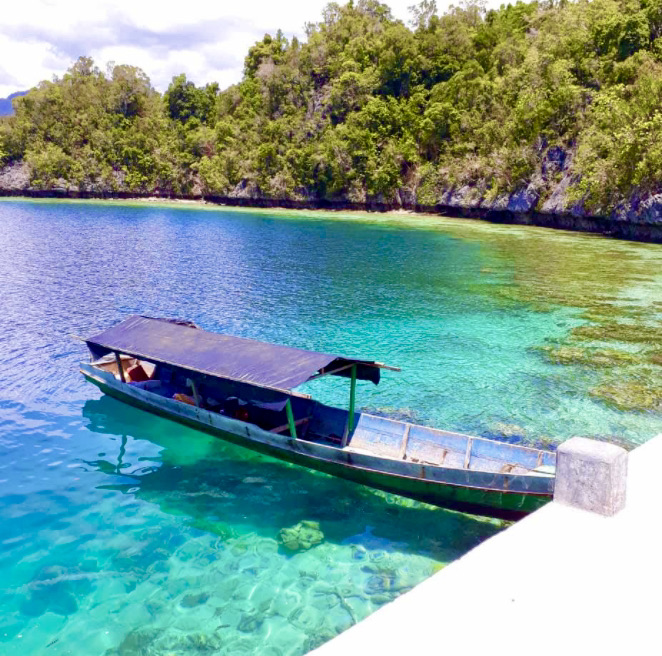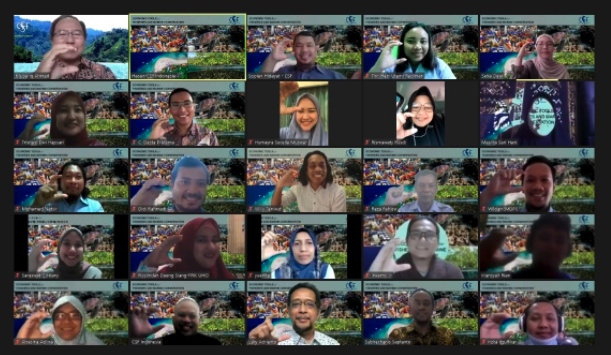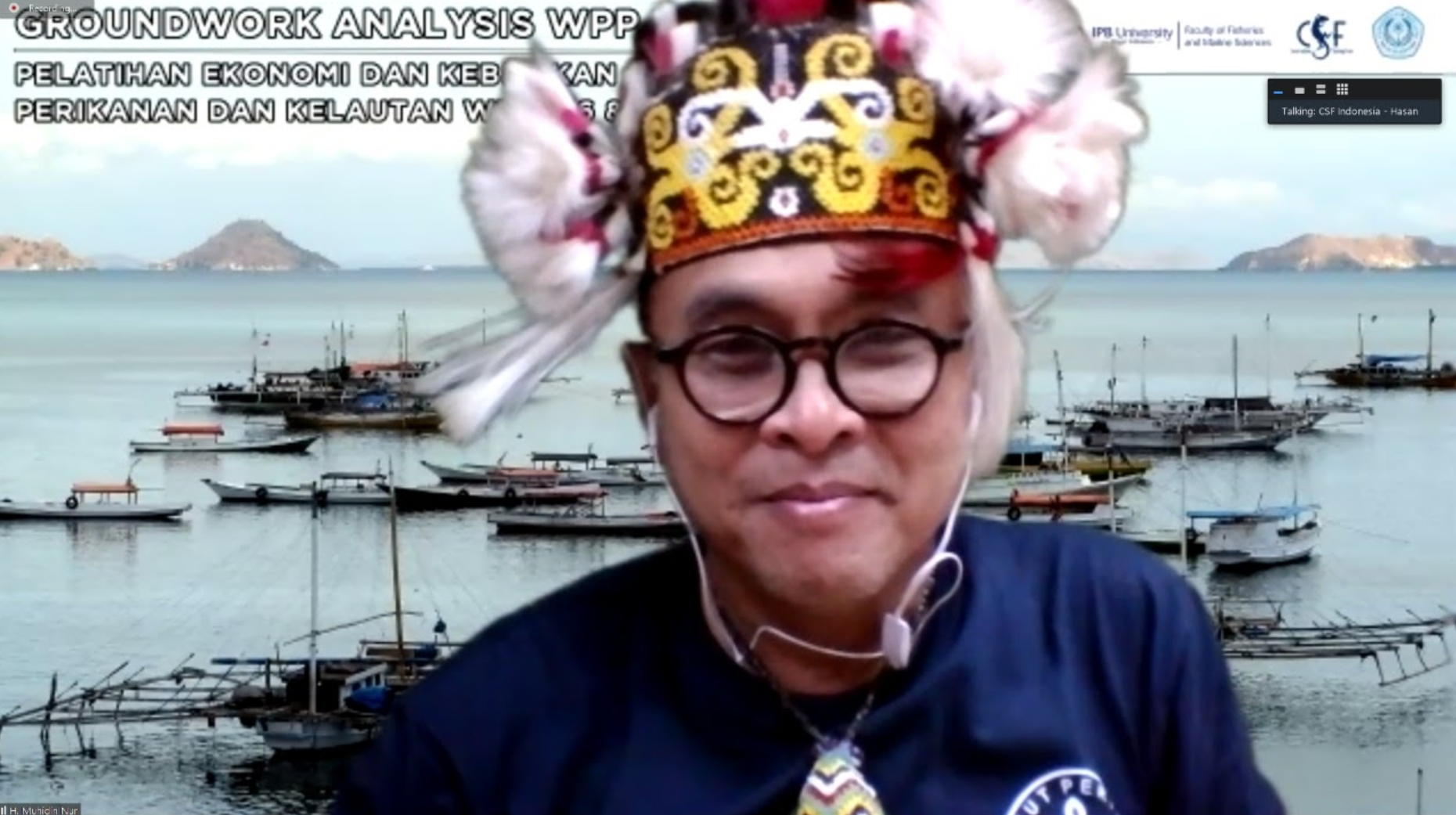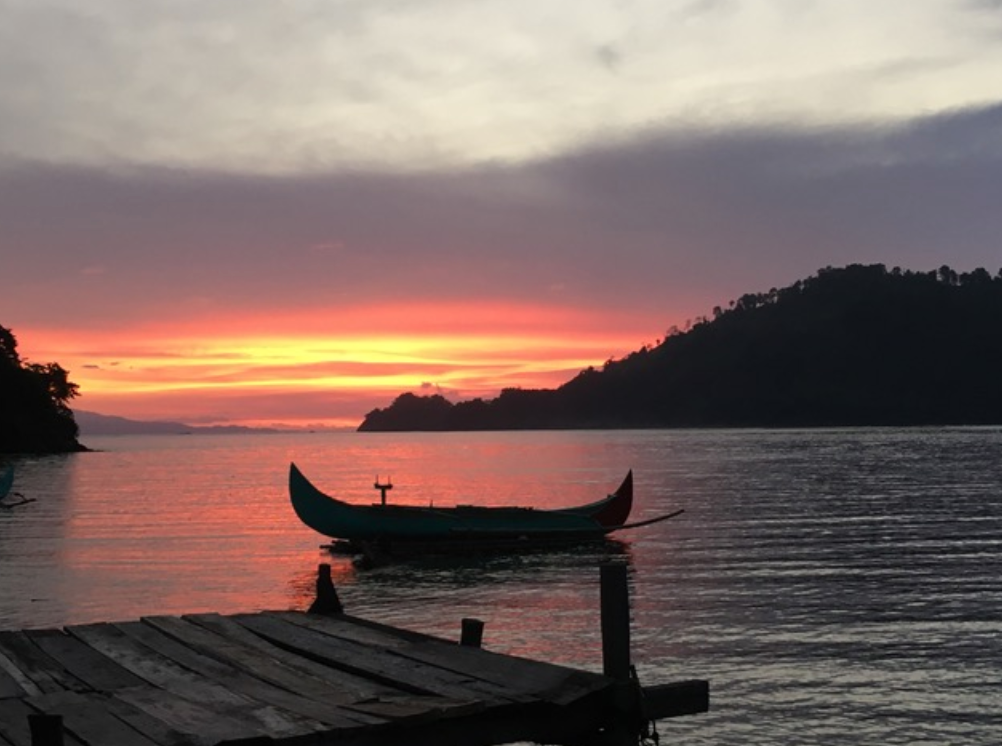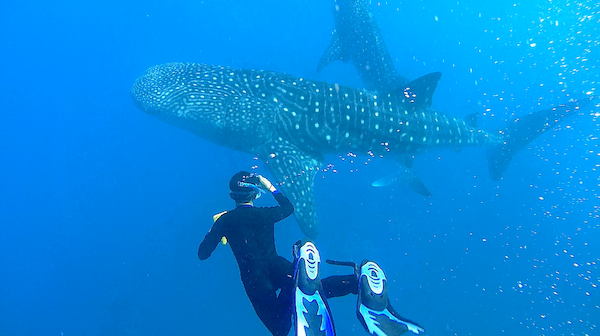News
As part of Conservation Strategy Fund Indonesia’s ongoing collaboration with The Ministry of Marine Affairs and Fisheries (MMAF), CSF Indonesia held a National Seminar and Policy Dialogue on research and policy in fisheries socio-economics.
In 2018, Conservation Strategy Fund (CSF) and our partner Oceana conducted a cost-benefit analysis (CBA) to assess the creation of the proposed Nazca Ridge Marine Protected Area (MPA) located off the coast of central Peru. Our analysis estimated the benefits from the creation of a proposed MPA 100 kilometers offshore and found that the benefits to conserving the marine ecosystem far outweighed the costs of management.
Located in the Sulawesi Waters and North Halmahera of Indonesia, Fisheries Management Area 716 (FMA 716) is one of the most thriving fisheries in Indonesia, known especially for its contingency of small pelagic fish, which live in the pelagic zone of the ocean ranging from the surface of the ocean to the near bottom. As one of the FMAs in the Indonesian archipelago, FMA 716 plays an important role in the development of Indonesia’s marine and fisheries sector. Out of 118 pelagic species found within the area, FMA 716 contains 25 species, offering a rich potential for fishing in the area.
In cooperation with the Faculty of Fisheries and Marine Sciences (FPIK) at IPB University, CSF Indonesia kicked off our Third Marine Fellowship Program (MFP 3) for 2021-2022 with a workshop on how to effectively develop research proposals on April 28-29, 2021.
To better understand the challenges faced by coastal fishing communities during COVID-19, CSF fellow Alimudin Laapo decided to research how fisheries in the Central Sulawesi Province have adapted to the pandemic’s challenges. Through CSF’s Groundwork Analysis on Fisheries Management Areas (FMAs) 716 & 717, Alimudin Laapo used his fellowship as an opportunity to better understand the impact that COVID-19 measures have had on local fishing communities and to see if there were ways to offer support.
As one of CSF Indonesia’s flagship courses, Economic Tools for Fisheries and Marine Conservation has produced more than 50 alumni over the last two years and gained recognition for advancing marine conservation initiatives throughout Indonesia.
Fisheries remain one of the most important and lucrative industries in the Indonesian economy, and their management significantly impacts the surrounding marine ecosystem. For the past few years, Conservation Strategy Fund Indonesia has been working to promote sustainable fishery management by providing stakeholders with essential economic tools and knowledge for better policymaking.
Conservation Strategy Fund is proud to announce our membership with the International Union for Conservation of Nature (IUCN), the world’s oldest and largest global environmental network and a global authority on protecting the natural world. By bringing together top experts and organizations, IUCN aims to forward conservation work and advance global sustainable development in over 160 countries.
Kiluan is a small fishing village in Lampung Province, Indonesia, which lies at the southern tip of the island of Sumatra. Over the last decade, a community-based dolphin-watching industry has developed there in large part due to Kiluan’s native populations of small cetacean species, including the spinner dolphin and the Risso dolphin. Like many villages across Indonesia, marine-based tourism has become an increasingly vital sector of the local economy, and in Kiluan village, dolphin-watching tourism has emerged as a particularly lucrative side of the tourist industry.
According to the International Union for Conservation of Nature (IUCN), the whale shark, or Rhincodon typus, has been added to IUCN's red list of endangered species, following a population decline of 50% over the last three generations. While the causes of the whale shark population’s decline are not yet fully known, the conservation of their remaining habitat is more critical now than ever before.

